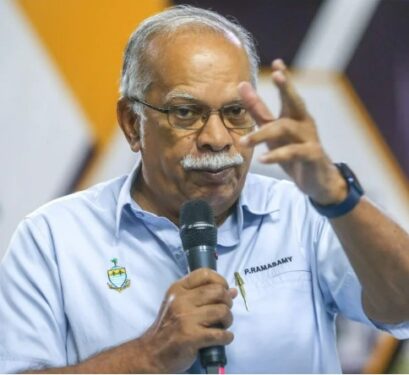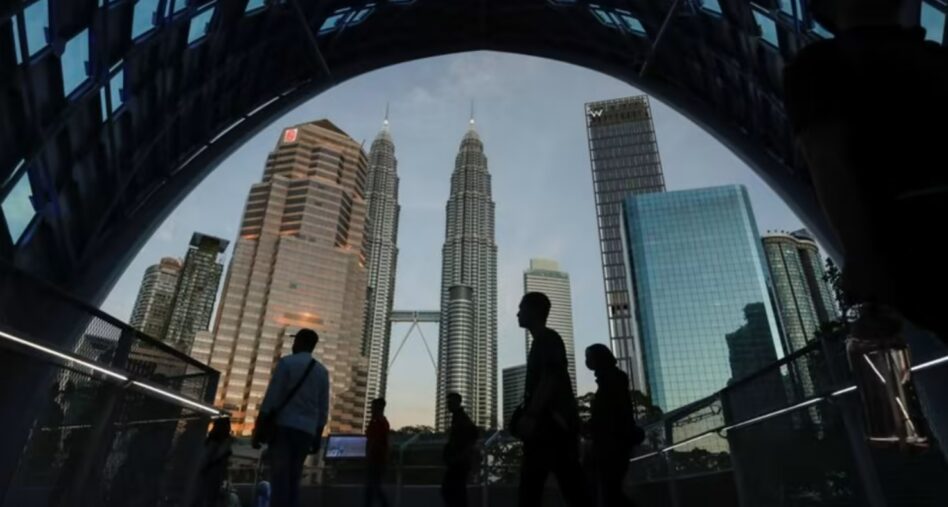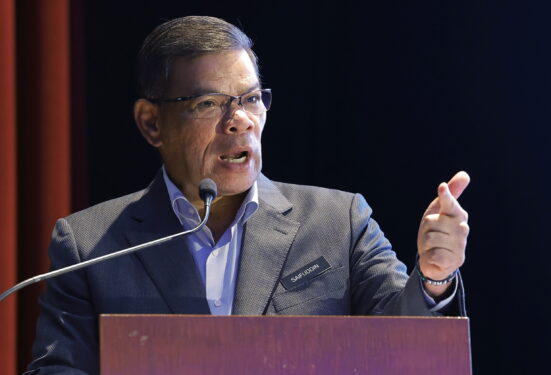Editor’s Note: Malaysian Florence Tan (main pic) is now the deputy chief technologist for NASA’s Science Mission Directorate and chair of the Small Spacecraft Coordination group. (Pic courtesy of NASA Goddard)
WHEN Prime Minister Datuk Seri Anwar Ibrahim was in New York recently to address the United Nations General Assembly (UNGA), he lamented on the problem of brain drain from the country.
He said that he had instructed the relevant ministries to look into the problem of brain drain and how to entice those who have left the Malaysian shores to come back to contribute to the development of the nation.
It is well and good for Anwar to say this in a place like US because there is hardly any attention paid to the internal dynamics of Malaysia.
But is it surprising that talented Malaysians are leaving their shores to take up employment or migrating overseas?
Many of those who left the country and who have sought gainful employment have been affected by government policies. It was the non-recognition of their talents or the inability of the government to provide the recognition that led could have led to the brain drain.
Anwar is fully aware that one of the primary reasons for the brain drain is the inability and the reluctance of the government to recognise and reward talents in the form of opportunities, career paths and rewards.

How can Anwar expect overseas Malaysians to return back to the country when the political, social and economic environment was the reason that led to their migration in the first place?
Reforms not forthcoming
I am sure Anwar knows about the state of affairs in the country that have led to the brain drain in the past. He is just unwilling to digest the unsavoury side of Malaysia.
Brain drain is not confined to Malaysia alone for talents always move across boundaries in search of better salaries and better work environment. However, in the Malaysian case, there is need to factor the role of the government on the ways that it had contributed to the migration of talents.
While Anwar talks about the need for talents, he does not talk about the constraints on talent development in the country and the ways they could be retained.
Every year without fail, hundreds and thousands of students mostly non-Malays students – despite their academic achievement – are denied places in the public matriculation programme and in public universities.
The presence of the quota system prevents the admission of qualified non-Malay students into much sought-after degree programmes. Students from the lower-socio-economic background are invariably affected.
While those from wealthy families can pursue higher education in private universities or universities abroad, the poor non-Malay students have no chance at all.

Empty talk
Talent development must be seen from a holistic perspective.
Unless the government initiates reforms in the critical sectors, brain drain is not going to cease. While talents should be welcomed back, the onus is on the government of the day to recognise their full academic potential by enabling them to gain unhindered access to institutions of higher learning.
If the government of the day is not prepared to tamper or reform the admission criteria for pre-university programmes and employment in the public service, then talent development might be thwarted.
Politics cannot be the reason why the government is not prepared to undertake reforms to accelerate talent development in the country.
I wonder whether talented Malaysians who have left the shores will ever come back unless major reforms are implemented to recognise the principle of merit.
As they say charity begins at home. It serves no purpose to engage in talks about ending the brain drain when the government is not prepared to reform the educational system.
There is no use to shift the responsibility of the brain to those who have left shores of the country. The responsibility lies partly with the present Madani government. Is Anwar willing to undertake major reforms to ensure that local talents are recognised and rewarded? – Sept 25, 2023
Prof Ramasamy Palanisamy is the former DAP state assemblyman for Perai. He is also the former deputy chief minister II of Penang.
The views expressed are solely of the author and do not necessarily reflect those of Focus Malaysia.










